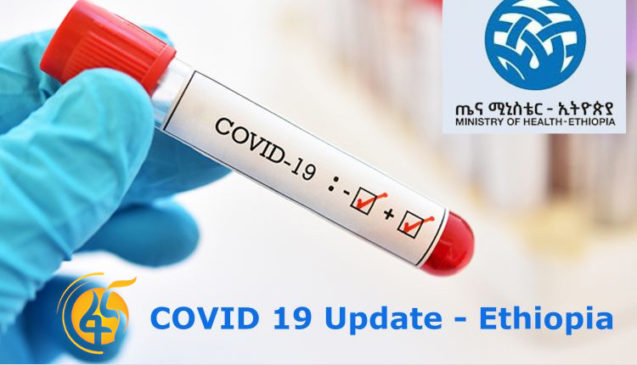University of Michigan team helps perform first kidney transplants in Ethiopia
Press Release
U-M Transplant Center staff works with St. Paul’s Hospital Millennium Medical College to establish program

ANN ARBOR, Mich. — A University of Michigan-led team performed the first kidney transplants in Ethiopia last week, after spending more than two years to help establish a transplant center in the African country.
U-M Transplant Surgeon Jeffrey D. Punch, M.D. led a team that did three kidney transplants at St. Paul’s Hospital Millennium Medical College in Addis Ababa, Ethiopia. The transplants were done on three people who received kidneys from living donors. All of the patients, recipients and donors, are doing well.
“We’ve been working for more than two years to establish the kidney transplants program in Ethiopia, and the team is so proud to be a part of this historic milestone for the country. The real winners are the patients with kidney disease who up until now have had no treatment option other than very expensive dialysis that some just can’t afford,” says Punch, a professor of surgery at the U-M Medical School.
Punch was joined by U-M Transplant Center nurse Lynn Reid, R.N. in Ethiopia for the surgeries on Sept. 22, 23 and 24. Nephrologist Alan B. Leichtman, M.D., and transplant social worker Colleen Satarino, M.S.W., both of the U-M Transplant Center, also worked on Punch’s team to get the transplant program up and running.
The U-M team performed the surgery with four Ethiopian fellowship surgeons.

This collaboration started through the initiative of Senait Fisseha, M.D, J.D., an adjunct professor in U-M Department of Obstetrics and Gynecology. Fisseha, who was born in Ethiopia, has been the key driver of the collaboration between U-M and St. Paul’s, and first took Punch to Ethiopia to support the surgery residency training program. Fisseha also introduced Punch to the Minister of Health of Ethiopia who asked the two U-M doctors to help Ethiopia start a kidney transplant program.
The team’s efforts were supported in part by the U-M Transplant Center and the Department of Obstetrics and Gynecology.
“We’re tremendously proud of the work of our team,” says John Magee, M.D., director of the U-M Transplant Center and a transplant surgeon.
“This will provide a life-saving alternative to those patients with kidney disease in Ethiopia. U-M made history with the first organ transplant in the state of Michigan in 1964, and it is great we were able to share our knowledge and partner with our St. Paul’s colleagues on their first transplant operation.”

The transplant operations launched at St. Paul’s new kidney transplant center.
Engida Abebe, M.D., general surgeon and transplant fellow and Momina Mohammed, M.D., both of St. Paul’s, said the partnership with U-M is an example of what a collaboration should be like. They say they have seen several surgical campaigns that happened at a different hospital in Ethiopia by surgical teams from abroad. These previous efforts have helped patients but added little to system development and continuity of care, they said.
Engida and Momina said the partnership with U-M started with building a system from scratch, making sure each step developed capacity of professionals and the system, laying strong ground for the future. They indicated it won’t be long before St. Paul’s takes over completely.
Punch says the Transplant Center facility that St. Paul’s constructed is an enviable a model for how to deliver transplant care. It includes dedicated donor and recipient operating rooms that are adjacent to each other to facilitate transfer of the donor kidney. The patients’ wards are steps away, and the dedicated transplant ICU, dialysis unit, pharmacy, lab, offices and outpatient unit are down one flight of stairs
“Everyone here is ecstatic. The feeling reminds me of when I was a medical student and watched U-M’s doctors do the first liver transplant at U-M in 1985,” Punch says. “The surgeons and internists in Ethiopia are first rate, and St. Paul’s management is going about everything in the right way, upgrading anesthesia, laboratory, pathology, nursing, pharmacy and radiology services to make sure patients do well in the long run.”
Punch says his team will continue to work with the St. Paul’s staff as their program progresses.
“This is a great showcase of how a partnership like this can make a tremendous difference in people’s lives,” says Punch.
About the University of Michigan Transplant Center: U-M has one of the oldest and largest transplantation programs in the country, and has done more than 10,000 transplants. U-M surgeons perform transplants of hearts, lungs, pancreases, livers, hands, kidneys, and corneas. About 400 to 450 transplants are done at U-M annually, mostly kidney transplants followed by liver, heart, lung and pancreas. U-M launched a hand transplant program in September 2015.
More information about becoming an organ, tissue, bone marrow or blood donor is available at www.wolverinesforlife.org.



